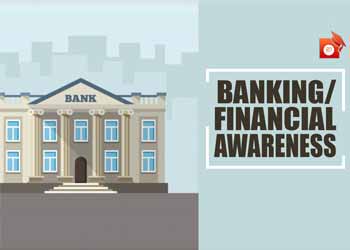Indian Polity Quiz 2
Latest Banking Awareness
 Latest
Latest 
Daily Current Affairs
Latest Banking Awareness

Banking Awareness of 15, 16, 17 and 18 February 2026
Read More
Banking Awareness of 12, 13 and 14 February 2026
Read More
Banking Awareness of 8, 9, 10 and 11 February 2026
Read More
Banking Awareness of 5, 6 and 7 February 2026
Read MoreLatest Current Affairs

21 February Current Affairs 2026
Read More
20 February Current Affairs 2026
Read More
19 February Current Affairs 2026
Read More
18 February Current Affairs 2026
Read MoreYour score is
6 / 10
Your performance is
Already have an account? LOGIN
Don't have an account? Register Now
Register with Us
Modal Heading
Modal body..

